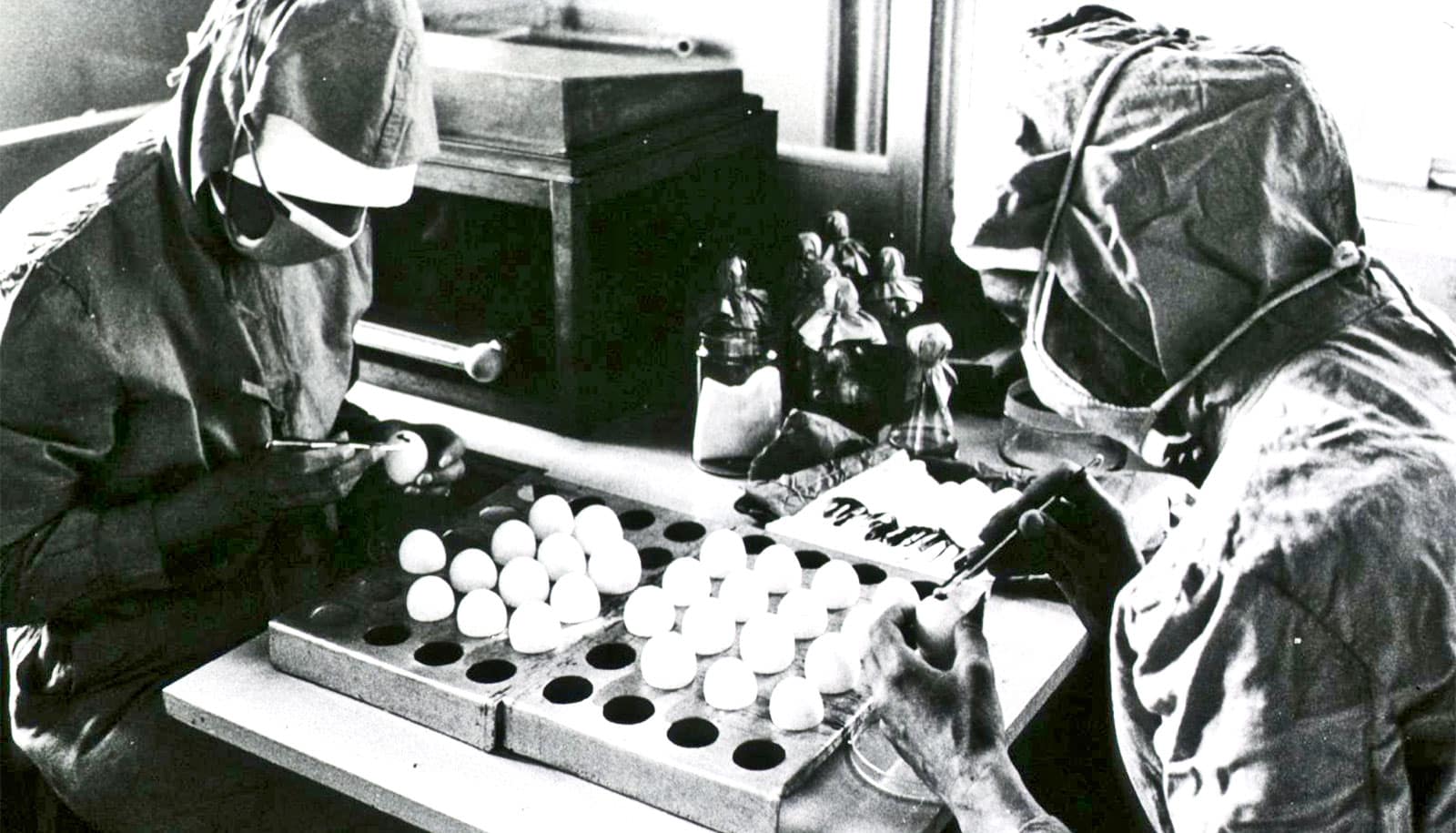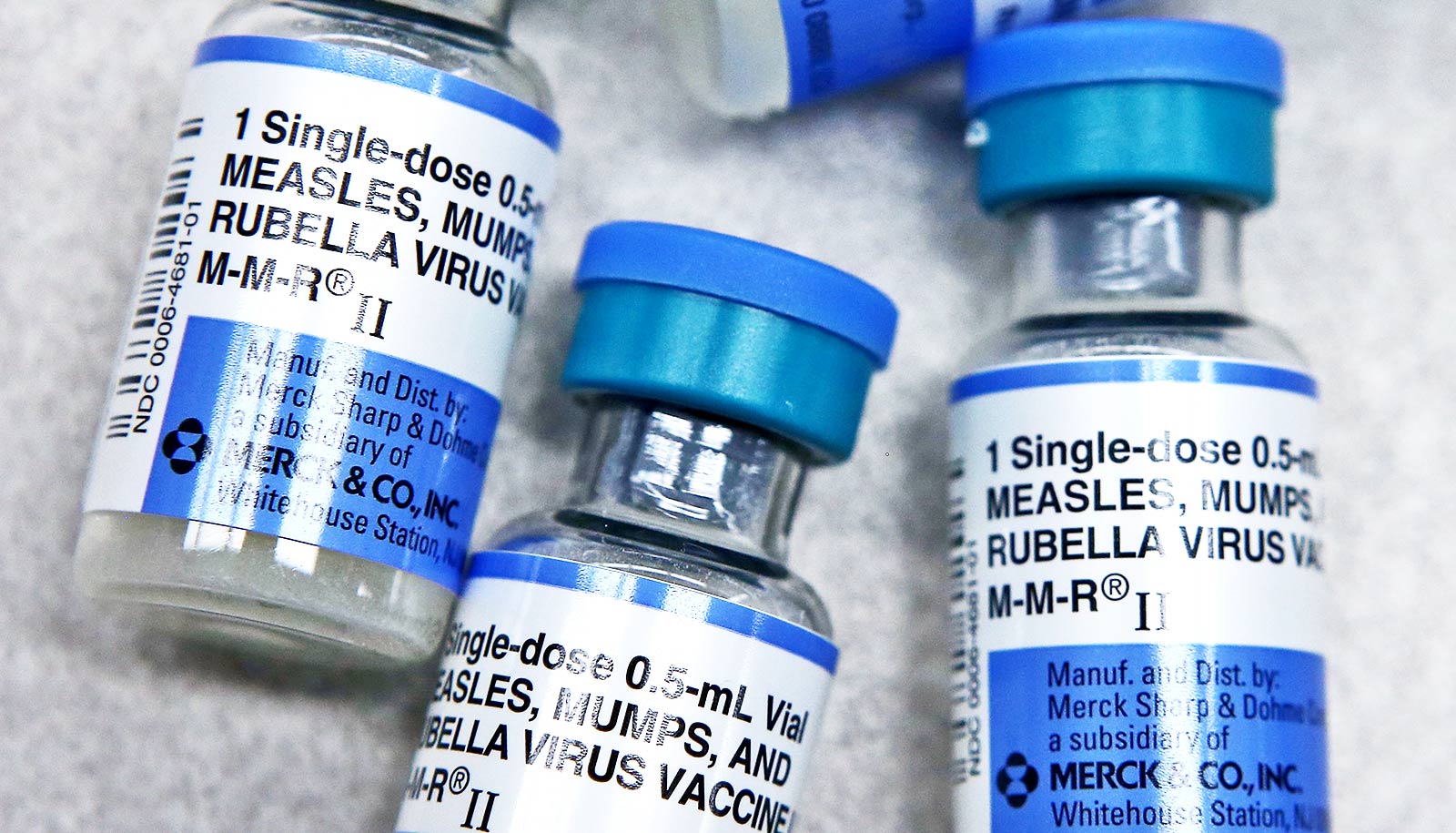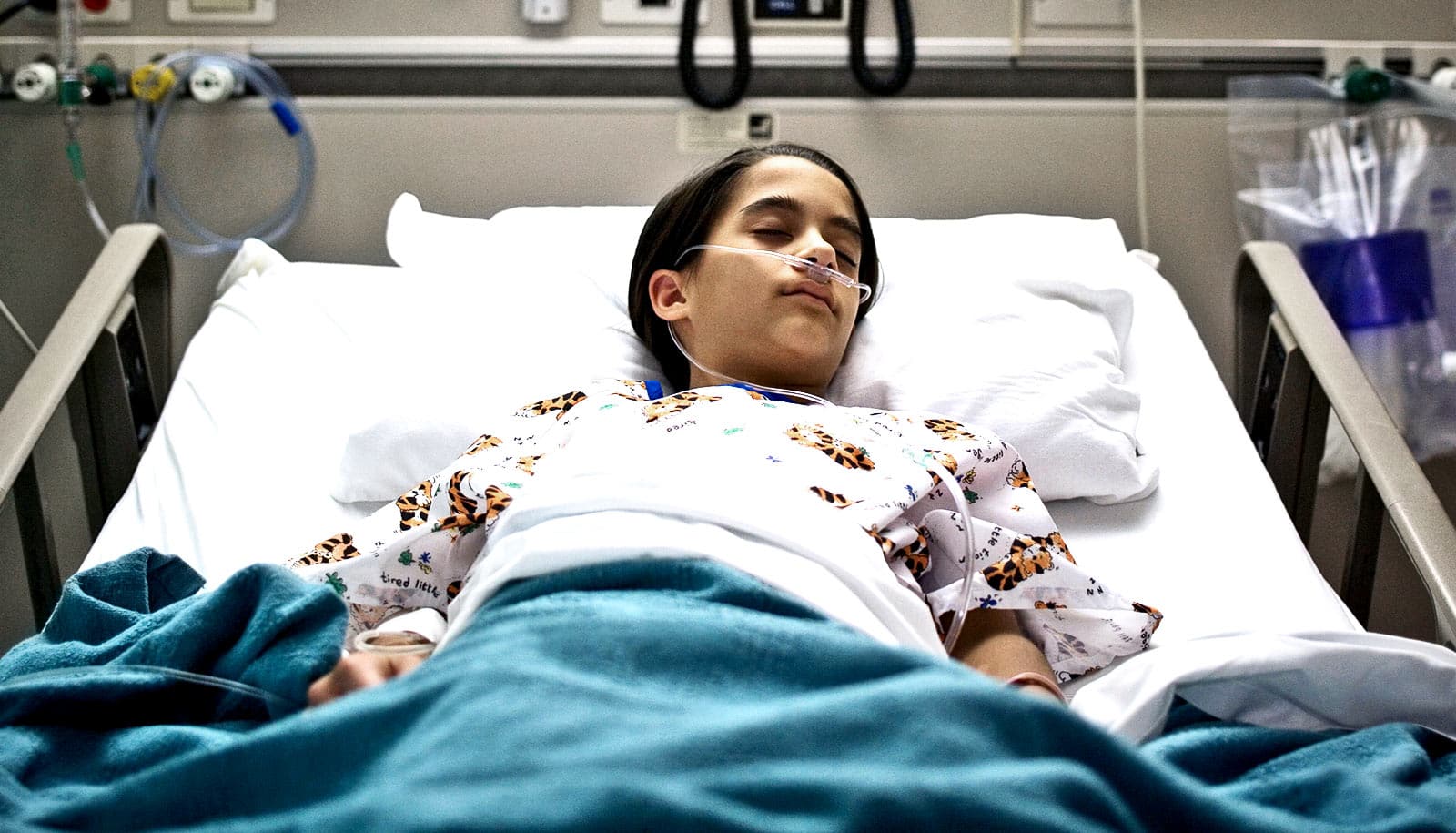Recent reports from the CDC show a decline in routine child vaccinations during the COVID-19 pandemic.
This has prompted medical experts to sound the alarm about the importance of these essential vaccines.
Here, Rutgers New Jersey Medical School pediatricians, Joseph Schwab, an associate professor of pediatrics, and Hanan A. Tanuos, director of primary care and an associate professor of pediatrics, discuss how parents can help keep up to date with vaccinations during the coronavirus crisis:
How have the COVID-19 lockdowns affected vaccination rates in children?
Although it’s difficult to get real-time numbers, anecdotally, immunization rates are down as we’ve heard of many practices canceling or postponing visits for vaccinations. We’re hoping the New Jersey Immunization Information System (NJIIS) and state Department of Health can share any compiled data they may have soon.
How vital are scheduled vaccinations for children, even during a pandemic?
As the cornerstone of public health practice, routine immunizations protect children against important vaccine-preventable diseases. Anything that lowers immunization rates in a community has the potential not only to leave individual patients at risk but also to set the stage for transmission and a local outbreak or wider epidemic.
This could add to the burden of an already overtaxed health care system trying to provide care during a pandemic. This is why we’re advocating for maintaining high immunization rates, especially among children, even during the COVID-19 pandemic.
Can you describe any specific measures or precautions that are being taken in the doctor’s offices to ensure that it is safe for parents to bring in their child for vaccinations?
We can’t speak specifically for all health care providers, but here at Rutgers University Pediatrics, we’re making sure the safety and health of our families is our highest priority. We’re offering only well visits in the mornings and seeing most sick patients by telemedicine, and for any sick patients that need to come in to the office, they are seen in the afternoons.
All rooms are thoroughly cleaned in-between patients, and all our staff wear masks. We ask only one adult to accompany each child to his or her visit, and we remind families that if a parent is feeling ill they should send another family member who is well to the visit. All patients and parents are screened for fever and signs of illness at the entrance to the building, and they are provided with masks.
They are also screened again when they enter our suite for fever and signs of illness. If anyone is not well, they are referred to an appropriate provider for care, and the well visit is rescheduled. We also minimize time in our waiting room. Patients are brought directly to an exam room upon arrival. We hope these measures will limit the number of ill patients arriving in the office and minimize contact between families.
What happens if children aren’t vaccinated, and what role will it play in the fall/winter seasons and the potential second wave of COVID-19 cases in the coming months?
What we fear is increased disease. For example, we’ve recently had outbreaks of measles in nearby communities, and without immunization, these kinds of outbreaks could become more common. Also, as fewer people get immunized against a disease like Pertussis, commonly known as whooping cough, we could see more cases of this potentially devastating illness among our youngest patients.
Additionally, even with typical immunization coverage every year, the flu has still resulted in vast numbers of patients of all ages who need emergency and inpatient care, including ICU care. Adding this burden to a potential second wave of COVID-19 cases could result in scenarios worse than what we’ve seen with the first wave of the disease, depending on infection rates.
What can parents do to ensure children are vaccinated during this pandemic?
Parents should be aware of the recommended immunization schedule and their child’s immunization status. They should contact their primary care providers to schedule routine immunization visits at recommended and safe times.
How are doctors helping to rectify this problem?
The American Academy of Pediatrics is encouraging routine immunization for all children during this pandemic. Unfortunately, we know of many providers and even some local health departments having to close their offices because of a lack of staff or fear of COVID-19 infection.
Parents are also fearful of bringing their children to the doctor’s office at this time. There is the added burden of insurance restrictions that allow only a patient’s listed primary care provider to get reimbursed for providing an immunization.
Work needs to be done to make immunizations available and easily accessible now and to provide education to families, encouraging them to seek vaccines for their children and assuring them that measures will be taken to ensure patient safety.
The COVID-19 crisis is a rapidly evolving situation, and there needs to be ongoing communication between health providers, public health officials, insurers, and families.
We need to be open to new strategies to streamline the delivery of vaccines practically and acceptably to all parties involved. We should prioritize patients whose vaccines are delayed and utilize strategies such as vaccine-only visits to allow more patients to be protected as quickly as possible.
Source: Rutgers University



